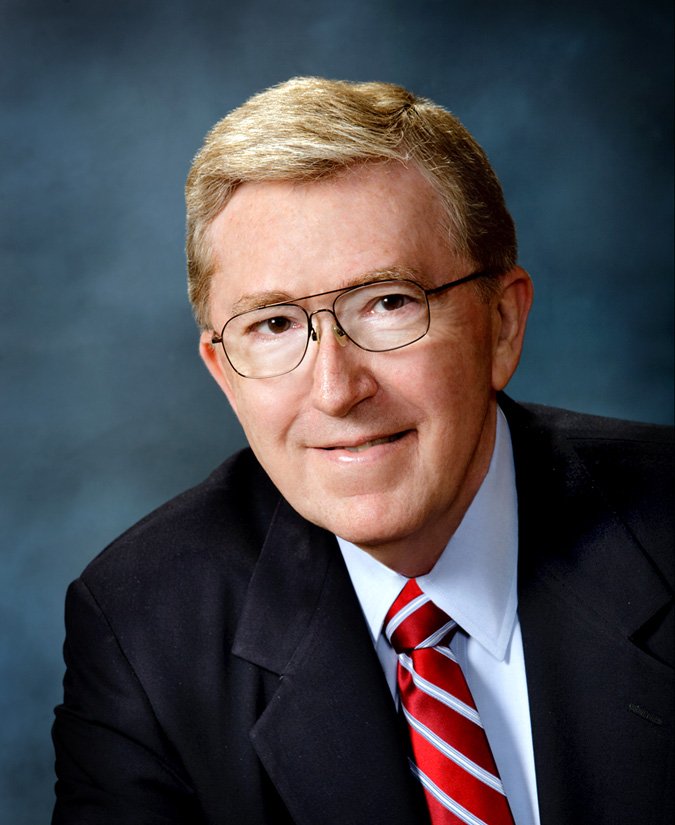 Edward E. Gordon
Edward E. Gordon Gordon Report: Skills and Jobs in America: Past – Present – Future
First the good news: Over the past decade (2011-2020) investment in corporate training has grown by about 30 percent. The caveat is that professionals and executives received the lion’s share of these programs. (Development Dimensions International, 2023).
The current skills-jobs picture paints a different reality. Seventy-five percent of U.S. employers now struggle to find skilled talent (worldwide it is 77 percent). This is the highest figure in 17 years. (ManpowerGroup 41 Country Survey, 2023).
By 2030 U.S, talent shortages may lead to a loss of nearly $2 trillion from unrealized revenue. This will coincide with an estimated decline in the labor participation rate from 62 percent (2020) to 60 percent (2030). (Korn Ferry, “The Global Talent Crunch,” 2018).
The worker pipeline is being squeezed because too many skilled workers are retiring and too few younger people are entering the workforce. Until 2029, 10,000 U.S. workers will retire each day. At least one-third are skilled workers. Unfortunately, the following generations are smaller and many of them lack the educational attainments needed to fill the high-skill jobs of the Fourth Industrial Revolution.
In 2023 the ACT scores of U.S. high school seniors was the lowest in 30 years. Grade inflation at both the high school and college levels is masking the real educational accomplishments of today’s students.
TALENT-DEFICITS CONSEQUENCES
Here are some examples of the ways that current education and talent deficits are affecting the economic growth and social welfare of today and tomorrow. The post-COVID surge in airplane travel is stressing the aerospace sector. Airlines have ordered more planes, but both Boeing and Airbus have fallen behind in filling these orders. They have heavily invested in new aero-space technician training programs to replace retirees and expand capacity.
Yet, poorly educated trainees are dropping out of these programs or creating quality issues on-the-job. Also, airplane part-suppliers are not delivering parts in a timely manner. They also are experiencing the same inability to find and skill more workers. The shortage of new planes in turn is forcing airlines to ramp up their repair and maintenance services on older aircraft. They also face shortages of trained mechanics and spare parts. This is reducing the number of airplanes in service at a time of increasing demand.
Nearly 600 rural hospitals (30 percent of the total) are in danger of closing. (Center for Healthcare Quality and Payment Reform, 2023). A chronic shortage of doctors, registered nurses, and other skilled medical personnel and rising costs mean that many lack the resources to keep operating.
Factories or fabs for advanced chip manufacturing are now being constructed in several locations across the United States. Many of these fabrication companies have already begun training and education programs for the engineers and technicians who will be needed to staff these plants.
However, the Semiconductor Industry Association is predicting that up to 58 percent of the projected 115,00 jobs that will be added by 2030 may not be filled due to an insufficient number of students completing degrees in science and technology programs.
The future U.S. labor economy needs more long-term talent investments. Demographic declines and increased job skills demands are not going away. Unless we do more to address skilled worker shortages, we can expect pay rises chasing a declining pool of qualified workers. This will complicate the U.S. inflation fight and raise the risk of a prolonged recession.
About the Author:
Edward E. Gordon is the founder and president of Imperial Consulting Corporation in Chicago. His firm’s clients have included companies of all sizes from small businesses to Fortune 500 corporations, U.S. government agencies, state governments, and professional/trade associations. He taught in higher education for 20 years and is the author of numerous books and articles. More information on his background can be found at www.imperialcorp.com. As a professional speaker, he is available to provide customized presentations on contemporary workforce issues.









